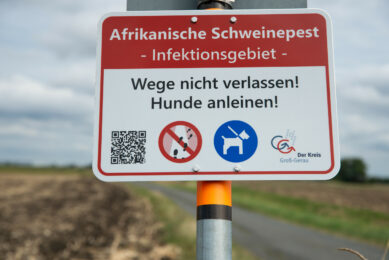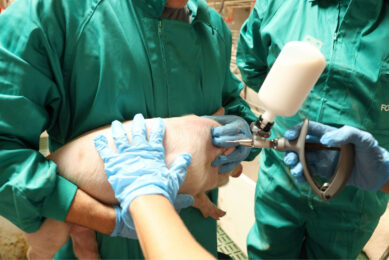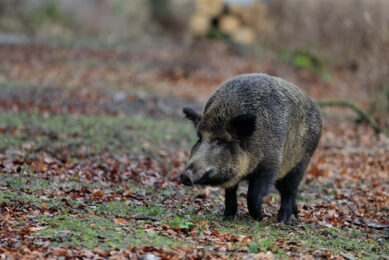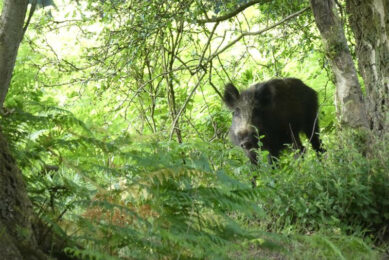ASFv vaccine candidate can be produced in a cell line
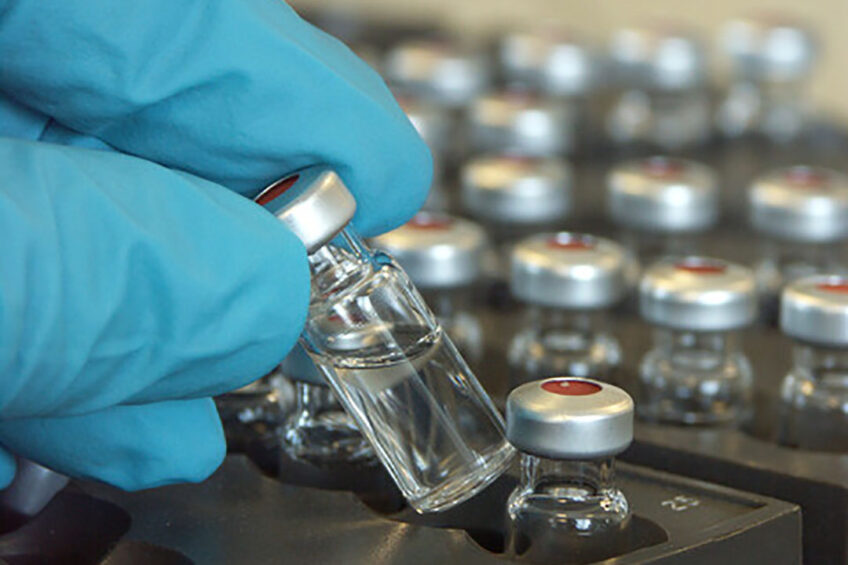
An African Swine Fever virus vaccine candidate has been adapted to grow in a cell line, which means that those involved in vaccine production will no longer have to rely on live pigs and their fresh cells for vaccine production.
That news was shared by the Agricultural Research Service (ARS), a section of the US Department of Agriculture (USDA). In a press release, senior ARS scientist Dr Manuel Borca said, “This opens the door for large-scale vaccine production, which is a valuable tool for the possible eradication of the virus.”
The vaccine candidate has been under development for years at the Plum Island Animal Disease Center, part of the ARS, which in turn belongs to the US Department of Agriculture (USDA). The vaccine candidate revolves around the deletion of the gene I177L from a highly virulent ASFv strain from the country Georgia (ASFv-G). Hence, the official name of the vaccine candidate is “ASFV-G-ΔI177L.” Only last week the news broke that the vaccine was also proven to be working when given oronasally to pigs, which means that there’s potential to use it in bait for wild boar populations.
Immortalised cells having the same characteristics as swine cells
The latest discovery, highlighted in the peer-reviewed scientific Journal of Virology, overcomes one of the major challenges for manufacturing of an ASF virus vaccine. The newly developed vaccine, grown in a continuous cell line – which means immortalised cells that divide continuously or otherwise indefinitely – has the same characteristics as the original vaccine produced with fresh swine cells.
“Traditionally we used freshly isolated swine cells to produce vaccine candidates and this constitutes a significant limitation for large-scale production,” said senior ARS scientist Dr Douglas Gladue in the press release. “But now we can retain the vaccine characteristics while simultaneously replicating the vaccine in lab-grown cell cultures. We no longer have to rely on gathering fresh cells from live swine.”
Tested in a commercial breed of pigs
The continuous cell line vaccine candidate was tested in a commercial breed of pigs and determined to be safe, protecting pigs against the virus. The research team did not observe any negative effects.
The research paper in the Journal of Virology was authored by M.V. Borca, A. Rai, E. Ramirez-Medina, E. Silva, L. Velazquez-Salinas, E. Vuono, S. Pruitt, N. Espinoza and D.P. Gladue, all attached to the ARS-USDA, United States.



